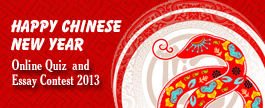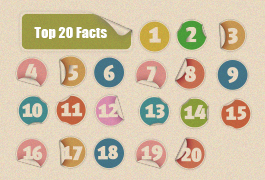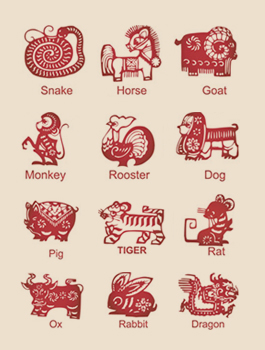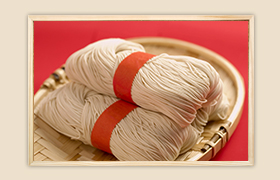Hua Tuo
(Chinadaily.com.cn)
Updated: 2013-02-07
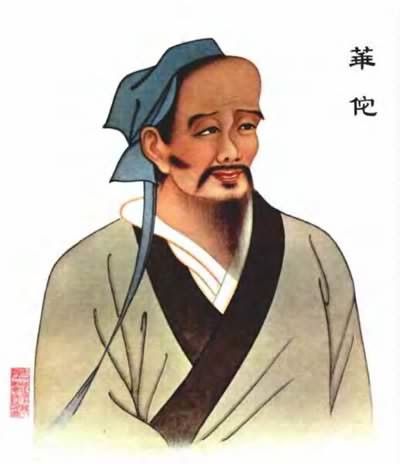
Hua Tuo (around 145-208), famous ancient Chinese physician and surgeon, is best known for his surgical operations and the use of mafeisan, an herbal anesthetic formulation made from hemp.
Hua Tuo was born in a common Shizu family in the late Eastern Han Period and lived in the same period with another renowned doctor Zhang Zhongjing. Based on his rich experience in medical treatment, Hua Tuo compiled a medical book, which was regrettably not handed down. The existing Zhongzang Classic by Hua Tuo was compiled by people in the Song Dynasty, probably containing partial content of Hua Tuo’s book remaining at that time.
Therapies and body-building methods created by Hua Tuo are of great significance as a milestone in Chinese medical history. They include the method of externally extruding heart, mouth-To-mouth artificial respiration, anesthesia method —alcohol-auxiliary powder for anesthesia, and the body-building Five Mimic-Animal Exercise. Moreover, surgical operation originated by him was canonized by later generations. The legend of Hua Tuo's curing Guan Yu by cutting bone can be found in Romance of the Three Kingdoms. Hua Tuo was hereby respectfully called “Originator of Surgery” by later generations.
Other than systematically accepting ancient experience in medical treatment, Hua Tuo gave top priority to the application of folk experience in this regard. He traveled to numerous places, collecting herbal medicine and learning medicine-related knowledge from local people. Meanwhile, he collected from common people large quantities of prescriptions which were later frequently applied by him to treat diseases. There still exist Hua Tuo Memorialized Grave in Xuzhou, Jiangsu Province and Huazu Temple in Peixian County, which were built by people to commemorate Hua Tuo. In the opinion of contemporary western scholars, Hua Tuo is an outstanding representative of oriental medicine in ancient times and can be on a par with Hippocrates, the father of western medicine.


